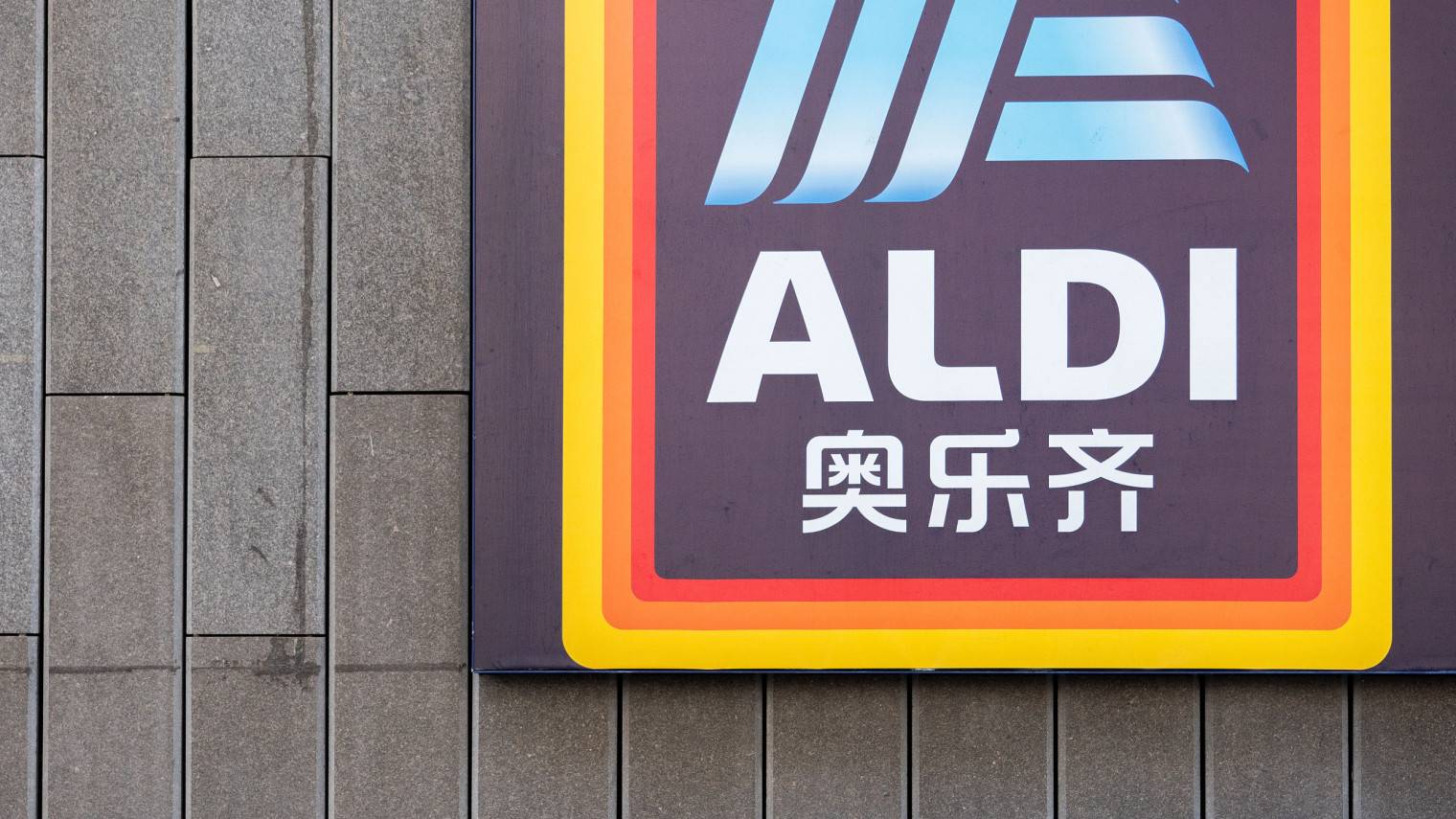Key takeaways:
- Aldi is set to equip China’s major city of Shanghai with another 500 to 600 storefronts in 2022, while competitors such as Carrefour and Walmart are trying to do the opposite.
- The retailer’s priority on e-commerce has not only helped it break into the Chinese market but also saved the business from being hard hit following the pandemic.
- While rivals are rushing into the membership-only wholesale sector, the discount retailer doesn’t seem keen to follow suit.
Sailing against the wind
While global retailers including Carrefour and Walmart have been scaling back in China, with dozens of chain stores closed in the market where they have been operating for nearly three decades, the German discount retailer Aldi who arrived at the battlefield in 2017 is about to start expanding in the market at full speed, striving to install another 500 to 600 stores this year in the metropolitan of Shanghai only.
Eyebrows have been raised at Aldi’s China ambition considering the overall downswing in offline retail. Global supply chain disruptions caused by the pandemic and China’s hard approach to “zero COVID”, have posed as additional challenges to retailers at home, resulting in a 0.3% year-on-year decrease in the country’s retail sales of urban consumer goods in the first seven months of 2022.
Targeting the city’s middle-class residents, existing stores have been integrated into places that see heavy footfall from Aldi’s target audience.
Despite the hardship, Aldi appears to have faith in China’s market appetite and has brought 27 outlets to Shanghai over the past three years during the pandemic. Each of the stores is expected to bring out an annual sale of 20 million RMB ($2.92 million) amounting to a total revenue of approximately 500 million RMB ($72.89 million) for Aldi this year.
Targeting the city’s middle-class residents, 11 of its existing stores have been integrated into shopping malls, 3 of which are located in commercial complexes whilst the remaining 13 have been installed in local residential neighbourhoods – all places which see heavy footfall from Aldi’s target audience.
Paving the way for success during the pandemic
The rapid offline expansion, however, is based on Aldi’s prior layout in the digital space with community e-commerce at the core, which is also in line with the brand’s targeting of the middle class. The retailer started its foray into the Chinese market in 2017 through one of China’s e-commerce giants Tmall Global, and launched its own online flagship store the year after. In the meantime, the foreign player soon landed in the online marketplace on WeChat and other major Chinese retail and food delivery service platforms including Meituan and Eleme, establishing brand awareness amongst Chinese consumers while paving the way for its offline expedition.
The digital ecosystem not only helped Aldi break into the Chinese market but has also cushioned the impacts of COVID on the business.
The digital ecosystem not only helped Aldi break into the Chinese market but has also cushioned the impacts of COVID on the business as online platforms remain the primary source of sales, whereas physical stores function more like a warehouse although they are open to offline shoppers. This business model has also protected Aldi from being hard hit when Shanghai was put under a three-month lockdown due to local COVID outbreaks earlier in March. On the contrary, the brand gained more recognition from locals as online grocery shopping became common practice whilst outdoor activities were restrained.
An alternative to a membership-only model
The dubbed “discount retailer’s” low-price strategy has furthered Aldi’s favour in the Chinese market, which is enabled by its reliance on private label products. It is reported that over 90% of Aldi’s offerings are privately labelled, a rate that is far higher than rivals. This not only allows the company to have better control of the production process but avoids additional costs incurred when dealing with a third party, which ultimately would be covered by consumers. By doing so, Aldi can increase its competitiveness by leveraging the affordable image that the brand is synonymous with, therefore, continuing to win over its target audience.
While Walmart and Carrefour have been seen gradually turning away from the hypermarket concept and cashing in on more membership-only businesses, Aldi doesn’t seem keen to follow suit as of yet. The country saw an emergence of the membership-only wholesale sector in 2021, hence, prompting the transition.
In the most recent Q2 earning results, Walmart China attributed the year-on-year increase of 15.9% in net sales to “the excellent performance” of Sam’s Club. The membership-only arm reported over 4 million paid members as of 2021 together with double-digit growth in sales in Q3 2021. The prospect led to Walmart’s decision to bring another 40 to 50 Sam’s Club stores to China in 2022 on top of the existing 36 physical outlets.
While Walmart and Carrefour have been cashing in more on membership-only businesses, Aldi doesn’t seem keen to follow suit as of yet.
Carrefour too, has stepped up to upgrade its current stores and has the ambition to turn half of its 200 hypermarkets into membership stores in the coming three years. As a result, over 100 such retail membership stores opened across the country between the period of early 2021 and March 2022, including local names such as Alibaba’s Hema Fresh, Fudi, and Yonghui as well as global labels Metro AG and Costco.
However, unlike others who charge customers an annual fee to enjoy special services such as discounts and quicker delivery, Aldi introduced a “low-bar” membership concept that is free of charge and special services are provided based on one’s accumulated purchase points. The rationale is partly due to keeping the brand’s price strategy consistent and allowing the concept of “members” to be more accessible to the public, especially the consumer demographics that the business is trying to engage with.
Overall, Aldi’s strategies seem to be playing out well in China and they are currently smooth sailing in the market, allowing the late entrant to take on some of the existing global labels during an industry downturn. However, continuous adaptations are to be expected to pull off a sustainable expansion, in the long run, considering the fast-changing market dynamics and consumer demands in the lucrative market.









